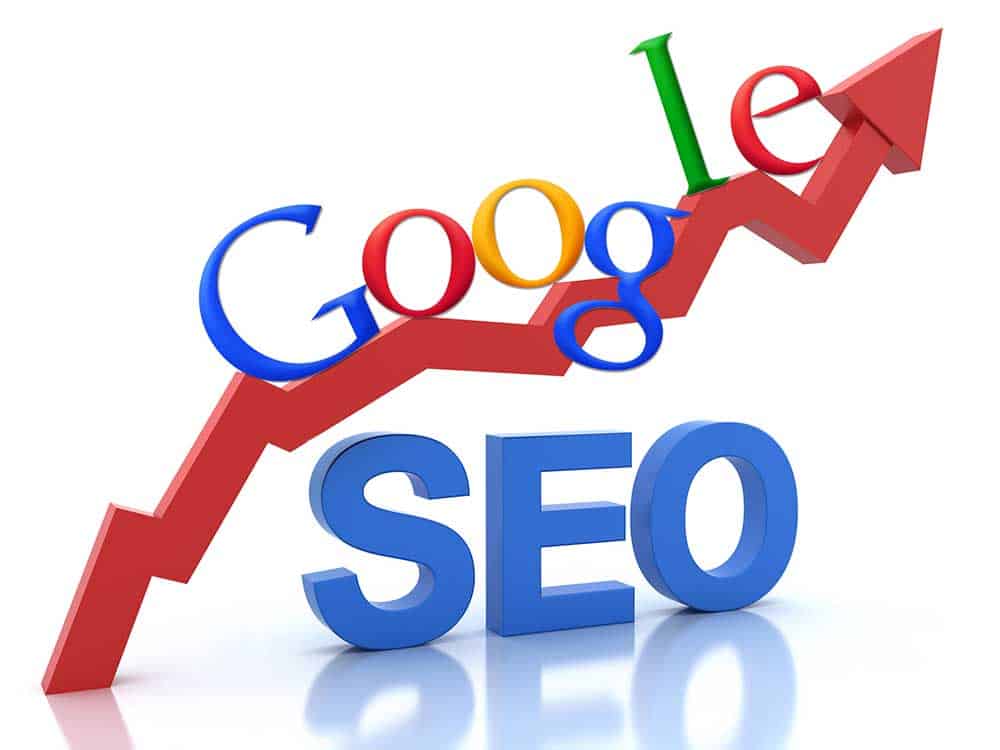Organic vs. PPC (pay per click)
SEO (Search Engine Optimization)
Definition: http://en.wikipedia.org/wiki/Search_engine_optimization
In today’s Internet driven market, a common question asked is, “How do I drive traffic to my Website?”
Many people will praise PPC saying that it offers you guaranteed presence on Google, but that is only half true. While Organic SEO is more competitive for a lot of terms, it boasts more staying power. Just like most things in business, doing both would be ideal; but for those that need to choose for resource and/or budget reasons, we will look at the pro’s and con’s or each.
PPC (Pay Per Click)
Definition: http://en.wikipedia.org/wiki/Pay_per_click )
PPC offers users the benefit of reserved seating so to speak on Google pages called “Sponsored Link.”
PPC services come with fees you need to be prepared for. First, there is usually an account set-up fee. From there, you choose individual terms (e.g. “lawyer”) or phrases (e.g. “Medical law, New York” ) that you want to appear on search engine pages for when people type them in.
It’s a process that takes time, patience, and careful selection because let’s face it, who has the money to spend on limitless options, especially in today’s economy. Choosing the right terms/phrases is important. You don’t want to waste your time or money monitoring what people don’t search for when it can go to terms you would get more of a return on.
Once you’ve chosen your terms/phrases, you need to decide how much they are worth to you. This is where the bidding begins. Each term/phrase has a price associated with it and that price changes each time someone is willing to pay more for the Top 10 positions. Everyone wants to be seen in the # 1 spot but this is where you decide how much it’s really worth to you.
You then need to plan out your monthly budget. With billions of people online, your fees can become outrageous without a budget. Here’s an idea of how their budgets typically work.
Example
Monthly budget $100
Divided into daily average ( $100 Divided by 31 days =$3.22 a day)
Cost per “average” term/phrase .10- .25
.25 divided by daily budget ($3.22) = 12 terms or phrases clicked on a day.
What does this mean for you? It means that once your daily allowance has been clicked on, you no longer appear on the “Sponsored Links” section for the remainder of the day. For competitive terms, that means you typically won’t appear on sponsored links anytime after lunch. Without an unlimited budget, it’s a crapshoot as to when people will be able to find you.
As Google users spend more time using this search engine, they are typically reporting banner blindness ( http://en.wikipedia.org/wiki/Banner_blindness ). This used to only apply to flashing banner ads on websites but it is now affecting Google users on sponsored links sections. This means when they use Google, their eyes don’t trust a lot of sponsored links due to them redirecting away from what they are searching for.
Organic SEO
Organic SEO is all about ranking on the unpaid sections of search engines. Unpaid and high rankings sound ideal and it is…if you know how to do it.
Organic is the best way to rank your Website. Once you’re ranked, you don’t need to worry about budgets, you’re not limited to how many terms/phrases you can afford, and you’re visible away from users’ blind spots. Your success is based solely on how hard you are willing to work and taking the time to understand the necessary methods to apply and monitor your rankings.
It takes a little more time but like all good things it’s worth the wait.
As SEO becomes a more popular method of advertising and promoting websites, search engines are occasionally changing the rules to keep it an honest game. Pay attention and weigh what you get in return for your time and money compared to your desired outcome and budget, whether it’s Financial or time. With the right understanding of what you are getting into, you’ll find the right fit for your websites rankings.


 Go Back
Go Back